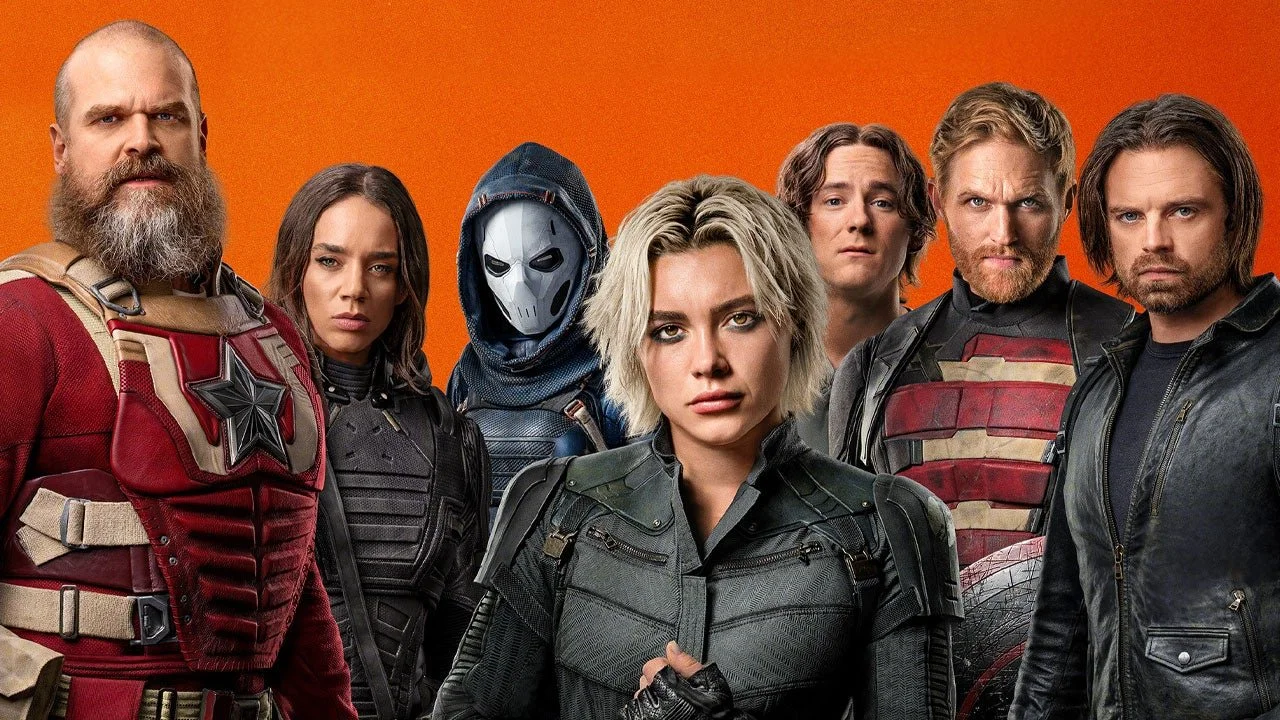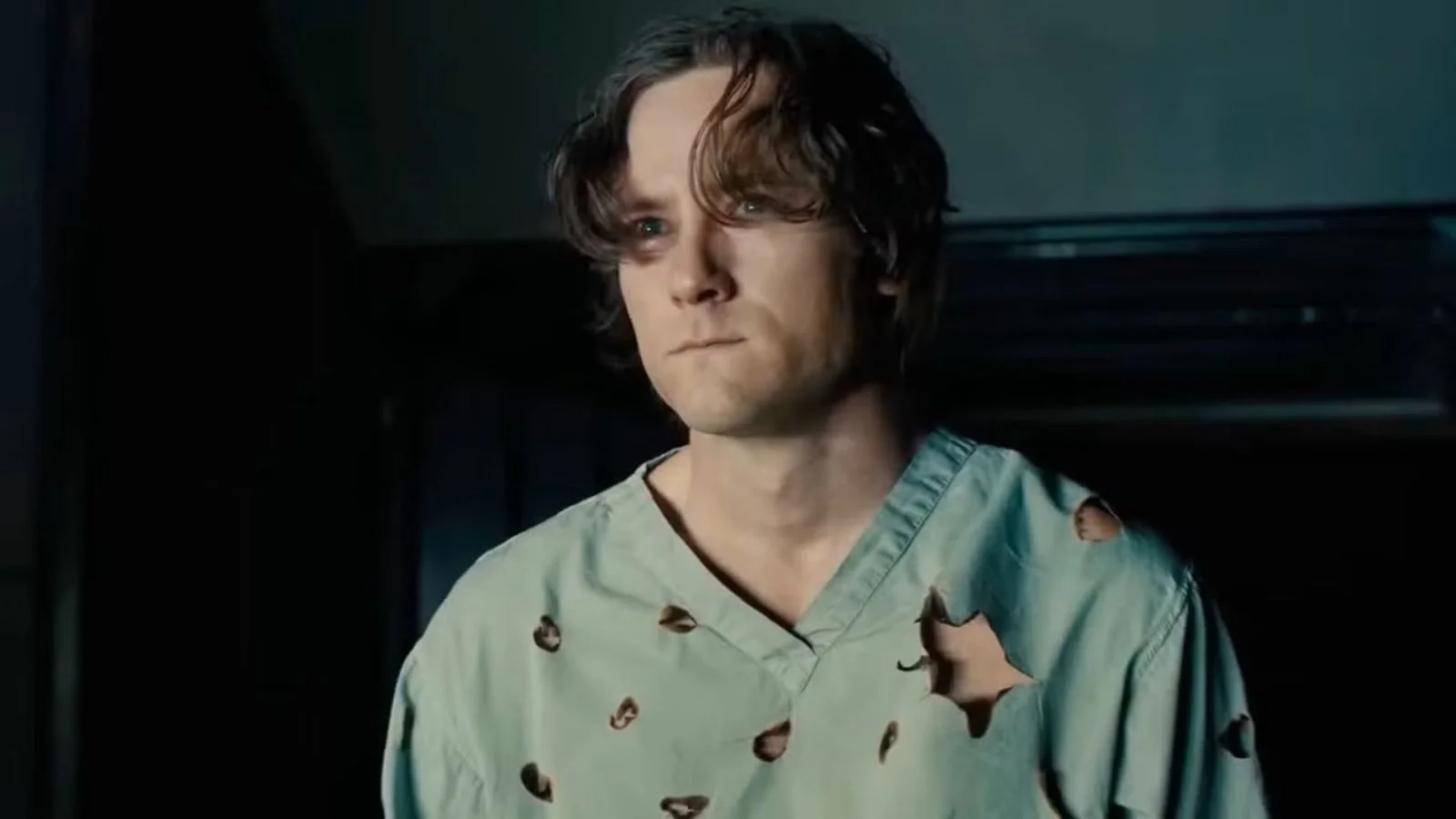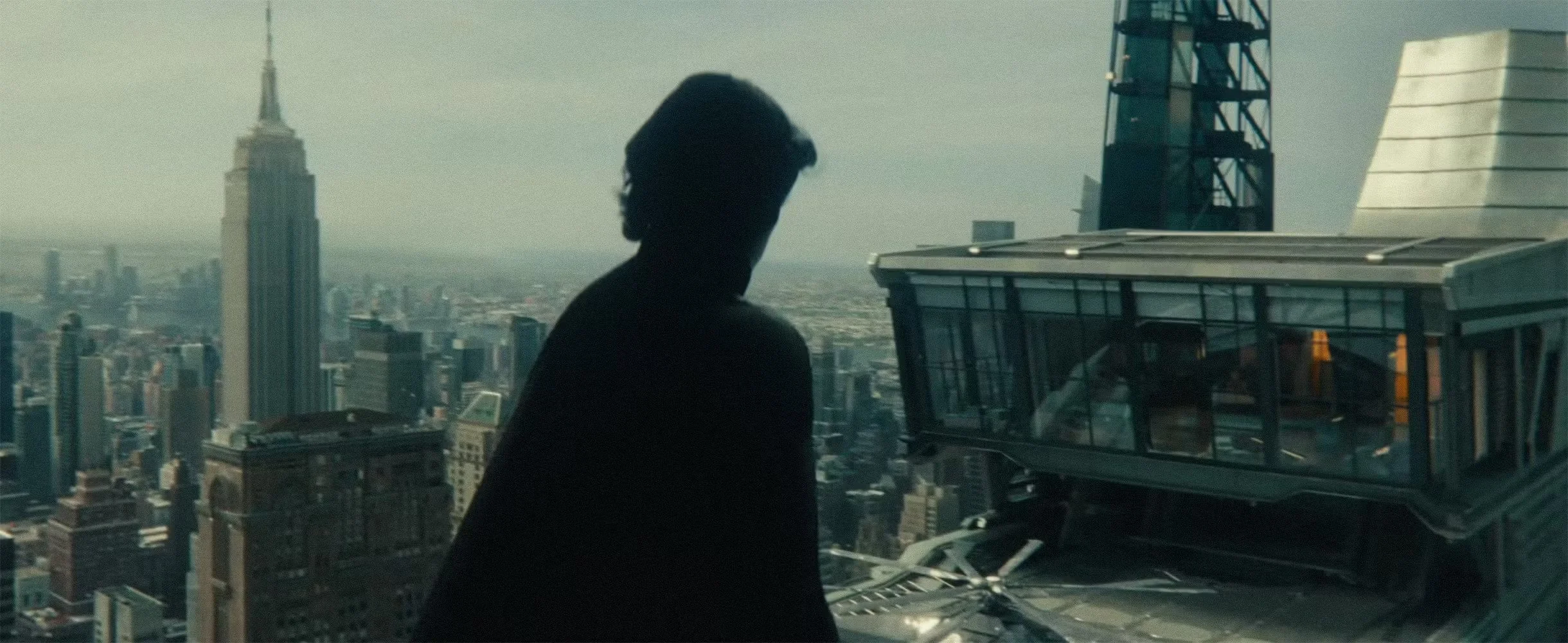Thunderbolts* Movie Review: The MCU’s Best Film In a Long Time.
Ooo fellas, what going on? It’s been a hot minute but we’re back with another movie review. Now I gonna be real, I’m not the biggest Marvel nerd but I do dabble from time to time, and this is one of those MCU films that make me feel good when I do.
Thunderbolts*, a movie directed by Jake Schreier, with a script from Eric Pearson and Joana Carlo, is a movie that explores some pretty serious topics like depression, grief, and purpose. It’s pretty rare for a film within the mcu that doesn’t prioritize jokes, mindless action scenes and some sloppy CGI but this is one of those gems. Don’t get me wrong, this is a movie that still contains a handful of jokes and quite a bit of action scenes, but for the first time in a long time, it felt like the action took a backseat to the story the team wanted to tell.
The movie follows a group of misfit heroes, each battling their own personal demons. Yelena, the central figure, is grappling with guilt over her past and the grief of losing her sister, Natasha Romanoff. Florence Pugh delivers a raw and deeply grounded performance that anchors the film. She’s joined by John Walker (U.S. Agent), Alexei Shostakov (Red Guardian), Ava Starr (Ghost), and Bucky Barnes (Winter Soldier)—a line-up that doesn’t exactly start off united. Brought together under murky circumstances tied to a covert operation led by Valentina De Fontaine, the group is fractured, volatile, and deeply wounded.
That’s when we meet Bob, portrayed by Lewis Pullman. He’s not the villain in the traditional sense, but he represents the film’s emotional and philosophical challenge. Pullman brings quiet intensity and heartbreaking vulnerability to the role, capturing the sadness, loneliness, and inner conflict of a man searching for meaning. His struggles echo Yelena’s in powerful ways, and together, they become the emotional core of the story.
Rather than leaning on flashy battles or snarky dialogue, Thunderbolts digs deeper—exploring mental health, depression, suicidal ideation, and the idea that we are not defined by the mistakes of our past. It’s a rare kind of MCU film that suggests redemption is always possible, that we can still choose to do better, and that sometimes the real villain isn’t a person, but the weight we carry inside. In the end, it’s a story about connection—how even the most broken people can remind each other that they matter, and that the world wouldn’t be better off without them.
All in all, this movie hits nearly all the marks for me. It’s the kind of film that both die-hard Marvel fans and casual moviegoers can enjoy, and I genuinely believe anyone who watches it will walk away feeling something. Even though it deals with some heavy themes, it still manages to be a fun, engaging experience. I definitely recommend catching it while it’s still in theatres.
It’s messy, heartfelt, a little chaotic—but so is life. And that’s what makes it worth watching.



